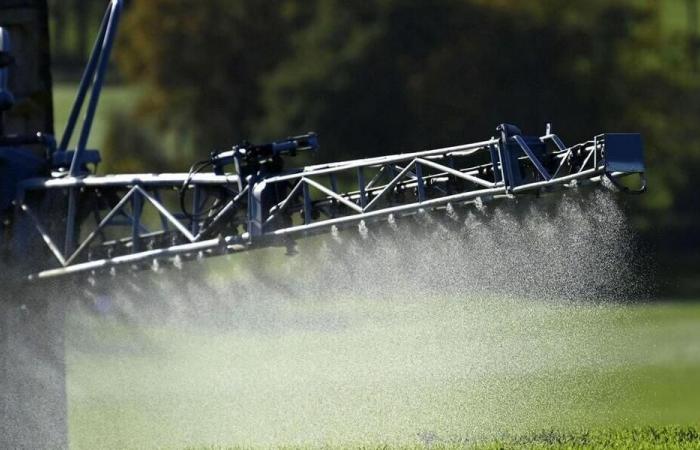The National Federation of Organic Agriculture (Fnab) called on Wednesday November 27 to “make transparent” on contamination of organic crops by prosulfocarb, a very volatile herbicide widely used to treat cereals.
The movement announced a “first mobilization” on the ground Thursday, November 28, 2024, in the afternoon, in front of the Departmental Directorate of Territories (DDT) of Yonne, in Auxerre (Yonne).
What pesticides “regularly contaminates non-target crops such as buckwheat which, to be ripe, is harvested in autumn, very often at the time of treatments by non-organic farmers”, explains Fnab in a press release.
Read also: Prosulfocarb: why the organic sector denounces the use of this herbicide
Second best-selling pesticide
“We were promised compensation last year with the increase in taxes on pesticides and ultimately everything disappeared with the agricultural mobilizations. We've been fooled for four years, it can't go on any longer.” deplores Philippe Camburet, president of Fnab and “Burgundy producer of contaminated buckwheat”. Authorized in France since 1990, prosulfocarb is today the second most sold active substance, behind sulfur and ahead of glyphosate.
In 2023, the health safety agency Anses required farmers using this herbicide, used in particular for wheat and potatoes, to respect a buffer zone of at least 10 meters with residential areas and to reduce the dosages, after a new risk assessment which cannot exclude exceeding the safety thresholds for children.
400 crops contaminated since 2018
But for Fnab, these distances are ineffective due to the extreme volatility of this substance, of which it is calling for an outright ban. Based on data from certifying bodies and collectors, Fnab estimates that since 2018 more than 400 organic crops have been contaminated with prosulfocarb.
“Today, if we want our buckwheat to be collected, we must prove that it has not been contaminated by having toxicological analyzes carried out at our expense,” explains Loïc Madeline, producer of organic buckwheat in Normandy, quoted in the press release.
At the European level, the authorization of prosulfocarb has been extended until the end of January 2027, time for the state responsible for reevaluating the product, Portugal, to complete its work.






